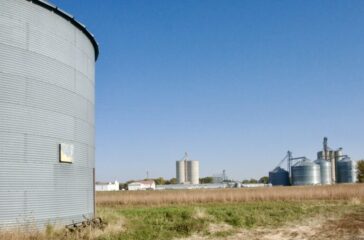Despite critics, organic farming thrives in heart of US corn country
By Keith Schneider
WEST BEND, Iowa – People searching for ways to limit the toll industrialized American agriculture takes on communities, land, and water may want to make a visit to Clear Creek Acres in northern Iowa.
 EWG
EWG